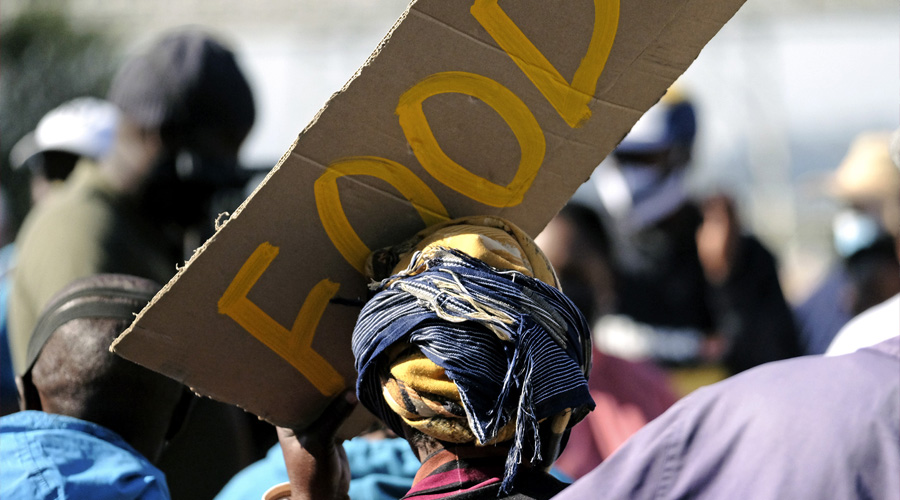



During times of crisis, transparency, accountability and public participation are critical in order to ensure funds are not misappropriated. It is therefore of paramount importance that anti-corruption mechanisms are put in place as a matter of priority in order to monitor the use of public funds, writes Zukiswa Kota.
Consider the following scenarios:
Scenario 1: A money laundering investigation by the International Criminal Police Organisation (Interpol) into a payment to a pharmaceutical company in the United Arab Emirates (Drax International) which was subsequently linked to procurement deals facilitated by Zimbabwe’s Minister of Health and Child Care, Obadiah Moyo.
Scenario 2: 4,000 bags of Covid-19 relief rice and US$40-million in relief funds raised by citizens of Cameroon towards a Special National Solidarity Fund that the government is now unable to account for.
Scenario 3: A dozen firms in Kenya were awarded contracts worth Sh3-billion (US$28-million) – by the Kenya Medical Supplies Authority to deliver items that were not covered by the state agency’s 2019/20 approved budget – which included connected individuals and their friends receiving millions of shillings worth of irregular contract payments.
What are the common threads linking these cases?
One common denominator between these cases is the misuse of…